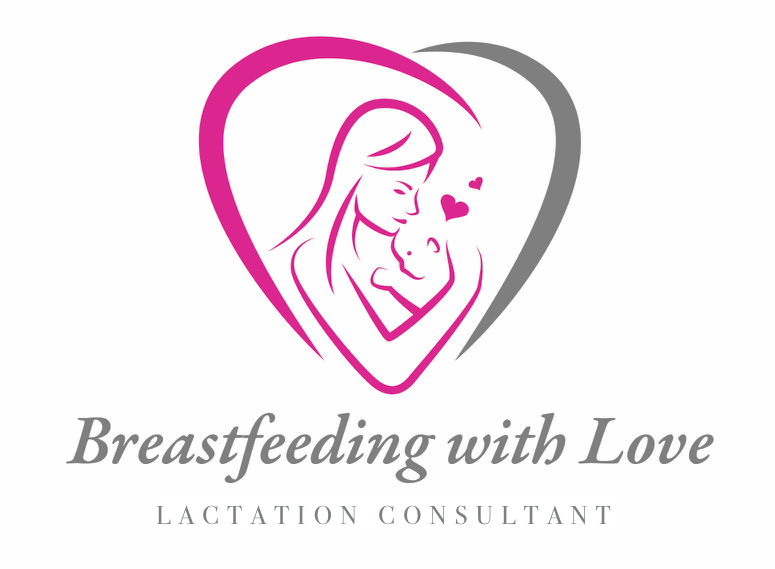Baby's First Milk: Colostrum
Colostrum is the baby's first breast milk. It contains proteins, carbohydrates, fats, vitamins, minerals and protein (antibodies), that fight diseases caused by bacterias and viruses. It can be produced by the mammary glands in the late pregnancy and the first few days after giving birth. Colostrum is thick, sticky and yellowish in color. Mature milk is lighter in color. Colostrum is lower in fat and higher in protein. It is the perfect first food for your baby's digestive system. Colostrum helps your baby pass the first stool called meconium. It also helps prevent jaundice. Colostrum is the first nutritious food for your baby. If you can, try to breastfeed within the first hour after delivery. Breastfeed your baby at the first signs of hunger cues. You can ask a Lactation Consultant what hunger cues to look for. Remember, the more you breastfeed in the beginning, the more milk you will produce.You breasts will not feel full for the first days however, when the mature milk comes in on day four or five, your breasts will feel very full. As your baby grows, your baby's tummy will ask for more breast milk. Nature has a way of producing as much as your baby needs. Breastfeeding is supply and demand. You will make enough breast milk for your baby or babies. Colostrum contains many immune cells. These include: lactoferrin, lysozyme, lactoperoxidase, proline- rich polypeptides, cytokines, which are small messenger peptides that control the functioning of the immune system. Additionally, interleukins, tumor necrosis factor, chemokines are also found in Colostrum. Colostrum also contains a number of growth factors such as insulin-like growth factors and transforming growth factors, alpha, beta 1, beta 2, fibroblast growth factors, epidermal growth factor, granulocyte- macrophage stimulating growth factor, platelet deprived growth factor, vascular endothelial growth factor and colony stimulating factor one. Colostrum is also very rich in proteins, vitamins and minerals. Vitamins include Vitamin B6, B12, A, E, C, B, Folic Acid, Pantothenic Acid, Riboflavin, B2, Beta-Carotene, Glycoconjugates, Glycogen and Retinoic Acid. Minerals include: calcium, chromium, iron, magnesium, phosphorus, potassium, sodium and zinc. Colostrum contains a lower amount of carbohydrates, lipids and potassium. Colostrum provides the first protection against pathogens. Colostrum also contains a large amount of antibodies called Secretory immunoglobulin (IgA), that helps protect the mucous membranes of the throat, lungs, and intestines of the baby. Others include: Immunoglobulin type IgM, IgE, IgD and IgG. Leukocytes are also present in large numbers. They begin to protect the baby from harmful viruses and bacteria. When a baby in the NICU is given breast milk, they do better because it helps establish beneficial bacterias in the digestive tract. Growth factors in Colostrum also help premature baby's adjust to their oral feedings.When I was interning a few years ago at the hospital, a mother was able to get 3 ml of breast milk out of her breasts for the first time. Her baby was very critical and we labeled the syringe and I personally walked the syringe with breast milk over to the NICU because I knew although it was a very little amount, it important for her baby to receive even a few droplets of her breast milk. The mom was so grateful that we did that because she was too weak to see her baby that day. In conclusion, try to be patient. Breastfeeding is new to both you and your baby. Colostrum is your baby's first breast milk loaded with nutrients and antibodies.By beginning to breastfeed your baby, you are both off to a great start in life. Your beautiful breastfeeding journey has just begun.

